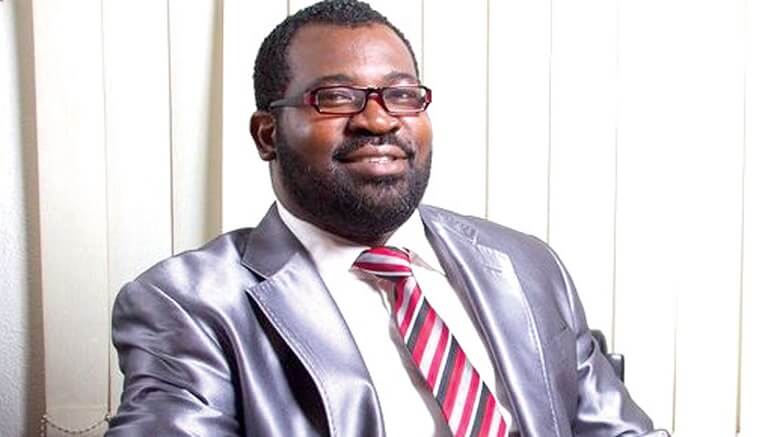As Federal government begins the implementation of its 774,000 Special Public Works scheme which aims to engage artisans and unskilled workers for a three month period, a Public Affairs Analyst has faulted the program, saying that it is may not achieve the desired impact.
The program which was launched on Tuesday, with an appropriated fund of N52bn, is designed to employ 1,000 Nigerians from each of the 774 local government areas in Nigeria, with each of the 774,000 workers expected to earn N20, 000 monthly for three months duration of the job.
Advertisement
Recall, the House of Representatives had opposed the scheme, calling on President Muhammadu Buhari to reinstate Mohammed Argungu as the Director General of the National Directorate of Employment.
The resolution followed a motion by Olajide Olatunbosun (APC-Oyo) who queried why the names of many Nigerians were excluded from the list of beneficiaries released by the National Directorate of Employment.
But speaking on the development, a Public Affairs Analyst, Chris Nwaokobia, said the programme may not yield a long term impact.
He said that the programme, just like the conditional cash transfer, Trader-Moni among others may not be impactful as expected, as the amount given to beneficiaries was too small to make any impact on poverty reduction.
.
He said, “All of these are poor economic policies that would lead us nowhere. This is the worst case of empowerment in the past six years, you don’t throw freebies, you don’t dash money and call it empowerment.
Advertisement
“Giving out funds like this is not sustainable, the beneficiaries will spend it within a short period, we have seen this over again with the trader moni, and the likes.”
Speaking on Arise TV programme on Friday, Nwaokobia stressed on the need for the government to rather strengthen investment in infrastructural project and promote policies that will allow businesses thrive across Nigeria.
He explained that creating an enabling environment would open up businesses for employment, thereby impacting the younger citizens.
He said, “If we spend this money on education, we would have our children back to school, ASUU will get back to the classrooms, if we spend it on electricity, it will lead to a stronger power sector and power supply and would help those doing menial jobs that require electricity to thrive.
“If we invest these funds in reasonable infrastructure projects, these young people will thrive and grow in their small businesses. I think what we need in this country is a government that will teach how to fish and not give people fish.”
Advertisement
He further explained that there is need for more proactive and sustainable policies in tackling the issues of poverty and unemployment among Nigerians.
He added, “It is imperative for us to carefully investigate whatever we do with monies in this country. Paying N60,000 for 744,000 over a period of 3 months is not sustainable, we may begin to see more increase in the level of inflation after the three months period. We must address some of these things.
“With the creation of public toilets, India was able to remove about 90 million citizens from poverty; the people handling the program were able to thrive because of their population.
“Rather than throwing money in the hand of people who may not be able to invest them, I will rather these funds are invested in power, health care, education and growing the farms, to absorb and train these young ones.”



